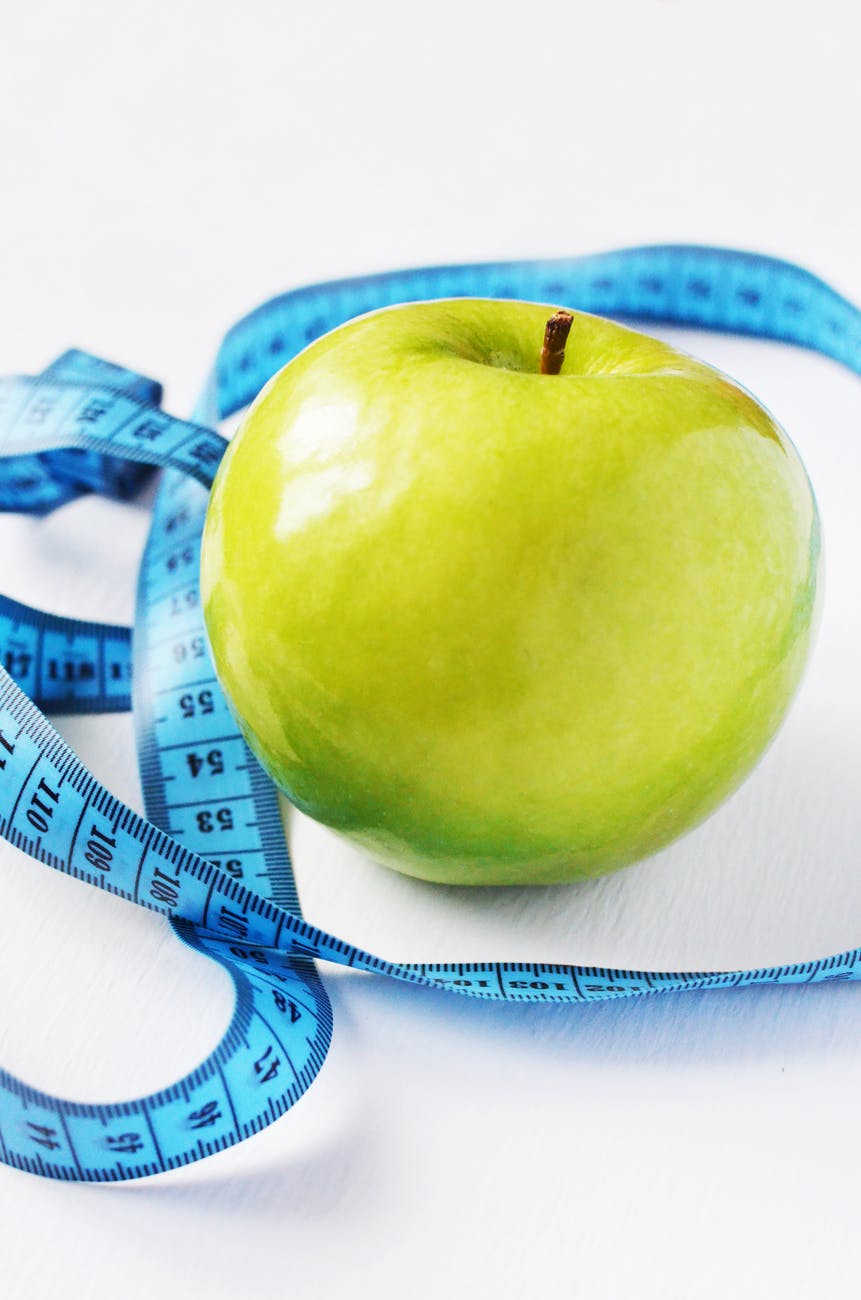
High Fructose Corn Syrup and Its Effects on Weight Gain
It isn’t very easy to imagine this in modern times, but 80,000 years ago, there was a time when people used to have sweetness only a few months of the year when the fruits were seasonal. Hunters occasionally collected these fruits, and to achieve them, they had to compete with birds.
But now we have sweetness all year round, which also lacks nutrition. With easy access to dessert, the sweetness is found even when just opening a cereal box or soft drink can.
No expert needs to know that our consumption of dessert is less healthy than in the old days. Today, this is the first enemy of the health of people. Governments are levying taxes on it; schools and hospitals are removing it from vending machines, and experts are advising to abolish it from our diet.
But until now, scientists have been having trouble proving the harmful health of sugar with high fructose. It was concluded that a diet consisting of fruits and sugars, containing 150 grams of fructose daily, reduced insulin sensitivity.
That is why there is a risk of other health problems, including blood pressure and cholesterol levels. However, researchers also believe that it is when salt intake is combined with high calories that it affects health. That is, health is affected by consuming more sugar and more calories at the same time.

What is the Risk?
Meanwhile, the debate continues that it is dangerous to discredit any single ingredient in the diet, which in turn leaves us with an essential part in the menu.
The sweetener we use as an extra sweetness includes sugar, sweeteners, honey, and fruit juices to improve the taste of the food and drinks after it has been purified.
Carbohydrates, both complex and straightforward, obtained from the sweetener molecules from glucose, go into the digestive tract, which uses energy from the body’s cells to provide power to the brain. Complex carbohydrates contain grains and vegetables, while simple carbohydrates eliminate the sweetness that is added to the blood. There is also high fructose corn syrup.
Before the 16th century, only rich people could buy sugar, but after the colonial trade, it became available to more people.
In the 1960s, when high glucose was converted to fructose, high fructose corn syrup was formed, containing glucose and fructose.
This is the most potent combination that is known to medical experts – more than any dessert, and most people think of it when they think of dessert.

Effects on Weight Gain
From 1970 to 1990, the use of high-fructose corn syrup in the United States increased tenfold more than any other diet. According to researchers, this is the reason that obesity is also rising in the country.
In the meantime, sweet drinks containing high-fructose corn syrup are the main focus of researchers’ research to assess their health effects. According to the metadata of 88 studies, the relationship between sweet drinks and body weight was found. That is, people do not get energy from these drinks as compared to other diets, as these drinks may increase appetite and reduce the quality of cravings.
But not everyone agrees that high fructose corn syrup is the cause of the obesity crisis. Some experts even say that the consumption of sweeteners has decreased in several countries, including the United States, over the past ten years, although obesity rates are rising. Even though there are areas where high fructose corn syrup is rare or infrequent, there is still obesity and diabetes, such as the regions of Australia and Europe.
High fructose corn syrup is not the only dessert that causes problems. Extra sweetness, such as fructose itself, is responsible for many issues.
When liver cells break down these fractures, one of the products that makes them is tri-glyceride, which is a type of fat that accrues in the liver over time. When it is added to the bloodstream, it increases the blood vessels in the arteries.
A 15-year study confirms that 25% of calories a day are twice as likely to die from heart disease as a result of heart disease. Type 2 diabetes is also linked to excess sweetness. According to two studies prepared in the 1990s, women who consumed soft drinks or fruit juices more than twice daily had twice the incidence of Type 2 diabetes compared to women who rarely did so.
But it is indistinct whether the fundamental cause of heart disease and diabetes is sweet. Luke Tappy, a professor of physiology at the University of Lausanne, is among those who say that high blood calories are the cause of heart disease, obesity, and diabetes, and sweetness is just one component ofit.
He says that excessive energy intake leads to the accumulation of fat in the body, which results in insulin resistance and fat-rich liver. ”People who consume more energy do not have a problem eating high-fat diets, whether it is high fructose or sugary.”
Overall, the evidence for Type 2 diabetes, heart disease, obesity, or cancer is deficient due to excess sweetness. Professor Tappy cites the example that athletes consume sweeter, but their chances of developing heart disease are lower as they digest more fructose during exercise to improve their performance.
Fructose and Mental Health
The use of sweets is also termed an ‘addiction.’ But the result is not what it seems. A study published in the British General of Sports Madison says that if salt is removed from the diet of rats, it has the same effects on-demand as cocaine does.
However, the journal was also accused of misrepresenting the results of the study. One of the major criticisms was that these rats were sweetened at certain times of the day, and if they were allowed to take them at any time, as humans do, they might not show signs of addiction.
However, various studies have described how sweet affects the brain. Mathews, a researcher at Swinburne’s Sun for Human Psychopharmacologyin Australia, examined the relationship between sweetened beverages and brain health with an MRI scan.
People who regularly drink soft drinks and fruits tend to have relatively low brain volumes and poor memory. Twice a day, the drinker’s brain is two years older than those who don’t take it at all.
But Pease explained that, because they researched fruit juices, they did not know what the effects of sugar alone would have on their mental health.
A recent study has originated that eating a diet motivates older people to work harder, while another recent study found that sweetener helps improve memory and performance in adults. During this study, the experts provided participants with drinks containing glucose and gave them many memorabilia tasks, while offering other participants with artificial sweetener drinks. Subsequently, these individuals’ level of engagement, their memory ,and their views on their endeavor were examined.
According to the results, sweeteners increased their ability to work hard and did not feel that they had to put much effort into it. Increased blood sugar levels gave them a feeling of joy during the task.
In youth, glucose intake may have increased their energy, but it has made a difference in their mood and memory.

Tea Spoon of Sugar
Although directed that our daily intake of calories should not exceed five percent, nutritionist Renee McGregor says it is essential to understand that there is a healthy diet for every human being.
She says, “I work with athletes; they need more sweetness, especially when they are working hard because it gets digested quickly. But they take it as directed. For those who are not athletes, a healthy diet does not have to be sweet. But some experts say that it should not be considered a poison and should be given up at all.”
As McGregor goes on to say, “it’s not okay to call any diet good or bad. And prohibiting sweet makes it even more appealing. When you can’t take anything, you want to have it. Because of this, I have never done anything wrong. I think if a diet has no nutritional value, it will have some other significance.”



